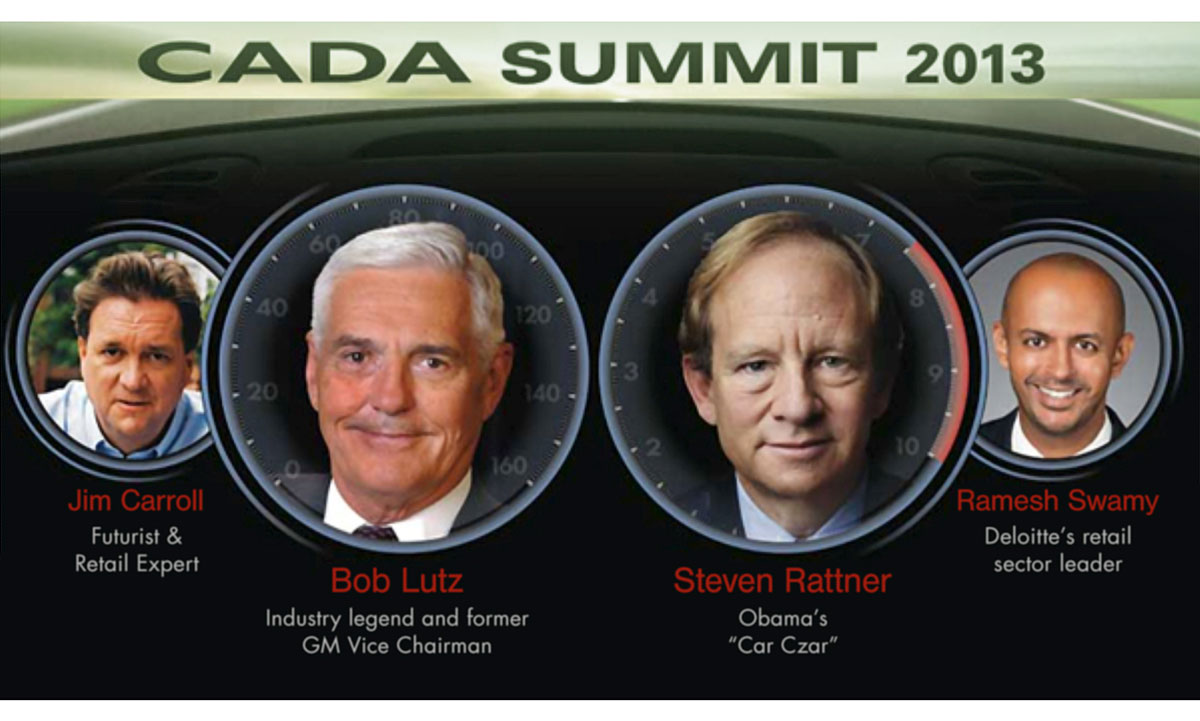
Consumers are in the driver’s seat when it comes to electric vehicles
A government that seeks to pass laws and regulations that swim against the powerful tide of consumer preference and choice is very likely putting itself on the path to disappointment at best and outright failure at worst.
This is exactly where many administrations are currently going, however, with regards to environmental rules for the auto industry. Absent the power to directly tell consumers what vehicles they can and cannot buy – which quite rightly in a liberal democracy like Canada is a non-starter – governments are increasingly trying to achieve similar ends through the back door.
Quebec’s zero-emission vehicle (ZEV) mandate is the latest and most glaring example of this approach which is almost certainly doomed to fail.
Manufacturers have invested billions in greening the fleet and on improving fuel economy. The past ten years of innovation in the sector have produced more progress than the previous 100. The result is that today’s new vehicles are far more clean and efficient than anything the industry has ever produced. This has come as a result of consumer demand for efficiency and government regulation.
Similarly on the electric vehicle side, billions are being invested to extend range and make electric vehicles viable for the mass market. To date, they are not. With gasoline prices where they are, ever-higher Canadian consumer demand for relatively large vehicle sales, nowhere near one percent of the market, even in Quebec where they are more popular than in many parts Canada.
This is not to say that demand is not increasing, or that the problems keeping EV sales from taking off are not one-by-one being addressed. “Range anxiety” – the fear that a battery charge won’t be enough to get a driver where they need to be – is constantly improving as today’s EV battery charges are more than enough to cover the vast majority of daily trips Canadian drivers make.
Costs are coming down, though not yet to a point where EVs can compete directly with traditional internal combustion vehicles. And consumer awareness of EVs is much greater than it has been in the past.
All this adds up to an environment in which EV demand is likely to continue growing, if governments focus their energies on encouraging the further improvement of the fundamental challenges currently holding back the proliferation of EVs on our roads. Effectively ordering manufacturers and dealers to sell a minimum number of EVs in a jurisdiction absent of any evidence that such demand exists is not the way to do it.
Lacking the power directly to tell consumers what mix of vehicles to buy, the government of Quebec is effectively doing the same thing, but is placing the near-impossible burden on the industry instead of the consumer. It is an approach that cannot work in the real world.
Manufacturers estimate that if the ZEV mandate in Quebec is adhered to dogmatically, as many as 100,000 to 200,000 consumers per year in that province may not be able to buy the vehicles that they need to meet their families’ or businesses’ needs. Dealers, seeking an EV sales target where no demand for such vehicles exists, will be forced to sell fewer traditional internal combustion cars, hurting their businesses and generating less sales and other tax for the provincial treasury.
Consumers, faced with this new reality, will cross their nearest provincial border to purchase the vehicle they need in any event. The end result will be massive disruption to the market and consumer with no positive impact on the environment.
The auto industry is supportive of governments’ objectives to reduce pollutants and greenhouse gas emissions. We are among the biggest investors in clean technology in the world, and today’s product reflects that innovation. The industry also wants to see greater demand for electric vehicles and other non-traditional energy sources. But governments have to be smart in their approach. Telling the industry to sell X EVs per year and walking away is not the way forward.
















